What is Ethereum?
The foundation for our digital future
A complete beginner's guide to how Ethereum works, the benefits it brings and how it's being used by millions of people around the world.
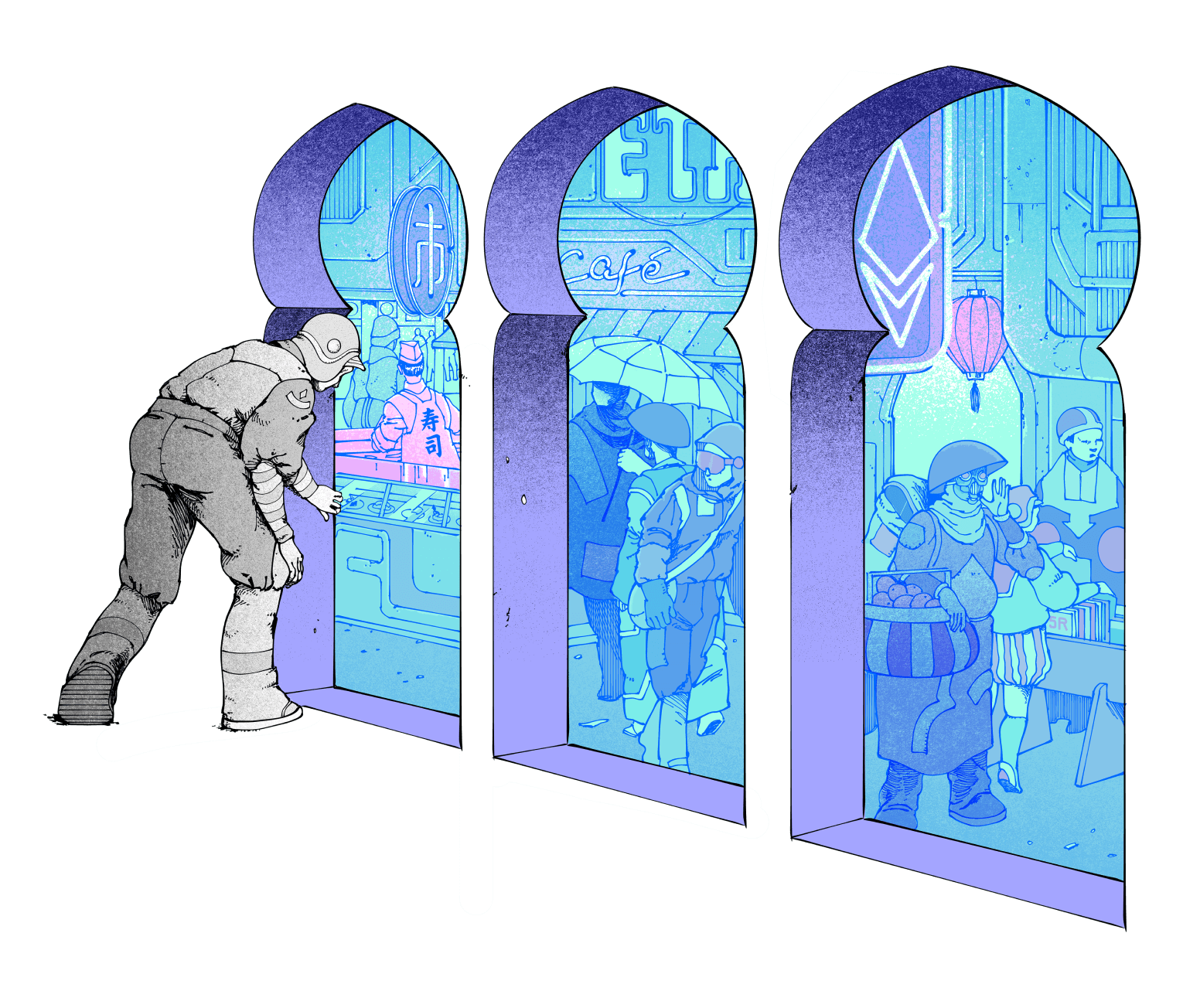
Summary
Ethereum is the main platform for thousands of apps and blockchains, all powered by the Ethereum protocol.
This vibrant ecosystem fuels innovation and a wide range of decentralized apps and services.
- Free and global Ethereum accounts
- Pseudo-private, no personal information needed
- Without restrictions anyone can participate
- No company owns Ethereum or decides its future
What can Ethereum do?
Banking for everyone
Not everyone has access to financial services. An internet connection is all you need to access Ethereum and the lending, borrowing and savings products built on it.
An open internet
Anyone can interact with Ethereum network or build applications on it. This allows you to control your own assets and identity, instead of them being controlled by a few mega-corporations.
A peer-to-peer network
Ethereum allows you to coordinate, make agreements or transfer digital assets directly with other people. You don't need to rely on intermediaries.
Censorship-resistant
No government or company has control over Ethereum. Decentralization makes it nearly impossible for anyone to stop you from receiving payments or using services on Ethereum.
Commerce guarantees
Customers have a secure, built-in guarantee that funds will only change hands if you provide what was agreed. Likewise, developers can have certainty that the rules won't change on them.
Composable products
All apps are built on the same blockchain with a shared global state, meaning they can build off each other (like Lego bricks). This allows for better products and experiences and assurances that no-one can remove any tools apps rely upon.
A blockchain is a database of transactions that is updated and shared across many computers in a network. Every time a new set of transactions is added, its called a “block” - hence the name blockchain. Public blockchains like Ethereum allow anyone to add, but not remove, data. If someone wanted to alter any of the information or cheat the system, they’d need to do so on the majority of computers on the network. That is a lot! This makes decentralized blockchains like Ethereum highly secure.
Why would I use Ethereum?
If you're interested in more resilient, open, and trustworthy ways to coordinate globally, create organizations, build apps and share value, Ethereum is for you. Ethereum is a story that is written by all of us, so come and discover what incredible worlds we can build with it together.
Ethereum has also been invaluable for people who have had to handle uncertainty around the security or soundness or mobility of their assets due to external forces outside of their control.
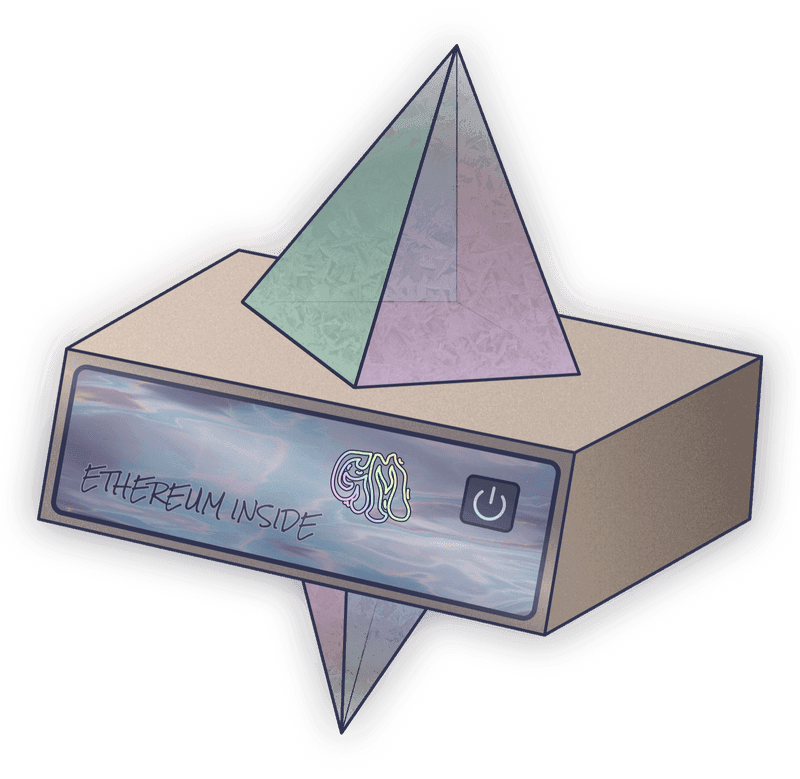
Who runs Ethereum?
Ethereum is not controlled by any particular entity. It exists whenever there are connected computers running software following the Ethereum protocol and adding to the Ethereum . Each of these computers is known as a node. Nodes can be run by anyone, although to participate in securing the network you have to ETH (Ethereum’s native token). Anyone with 32 ETH can do this without needing permission.
Even the Ethereum source code is not produced by a single entity. Anyone can suggest changes to the protocol and discuss upgrades. There are several implementations of the Ethereum protocol that are produced by independent organizations in several programming languages, and they are usually built in the open and encourage community contributions.
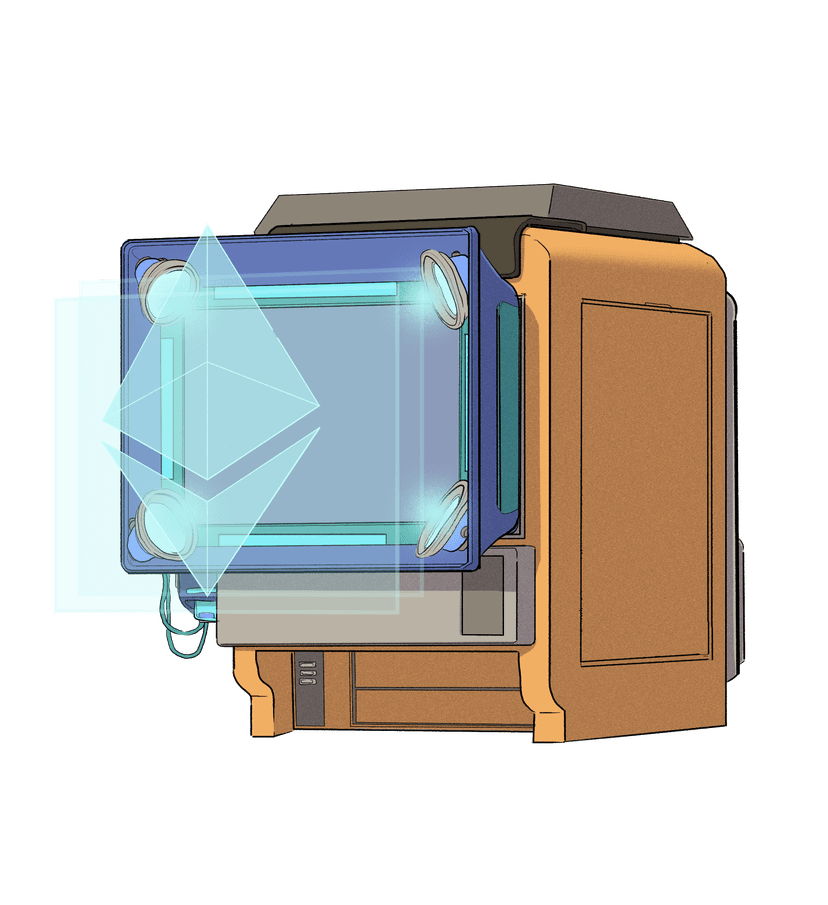
What are smart contracts?
Smart contracts are computer programs living on the Ethereum blockchain. They execute when triggered by a transaction from a user. They make Ethereum very flexible in what it can do. These programs act as building blocks for decentralized apps and organizations.
Have you ever used a product that changed its terms of service? Or removed a feature you found useful? Once a smart contract is published to Ethereum, it will be online and operational for as long as Ethereum exists. Not even the author can take it down. Since smart contracts are automated, they do not discriminate against any user and are always ready to use.
Popular examples of smart contracts are lending apps, decentralized trading exchanges, insurance, quadratic funding, social networks, - basically anything you can think of.
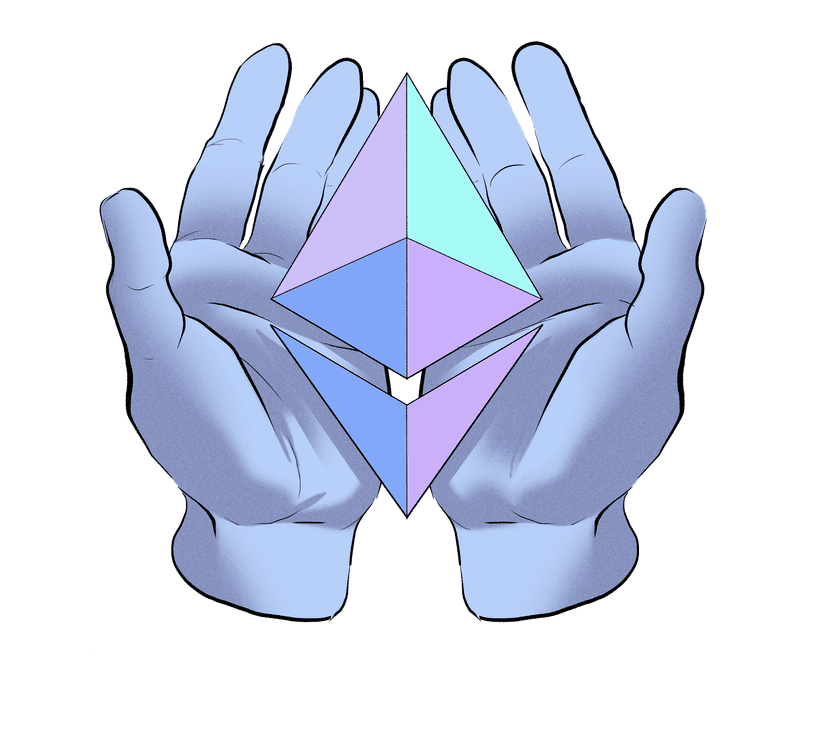
Meet ether, Ethereum's cryptocurrency
Many actions on the Ethereum network require some work to be done on Ethereum's embedded computer (known as the Ethereum Virtual Machine). This computation is not free; it is paid for using Ethereum's native cryptocurrency called ether (ETH). This means you need at least a small amount of ether to use the network.
Ether is purely digital, and you can send it to anyone anywhere in the world instantly. The supply of ether isn’t controlled by any government or company - it is decentralized and completely transparent. Ether is issued in a precise manner according to the protocol, only to stakers who secure the network.
Annual Energy Consumption in TWh/yr
What about Ethereum's energy consumption?
On September 15, 2022, Ethereum went through The Merge upgrade which transitioned Ethereum from to .
The Merge was Ethereum's biggest upgrade and reduced the energy consumption required to secure Ethereum by 99.95%, creating a more secure network for a much smaller carbon cost. Ethereum is now a low-carbon blockchain while boosting its security and scalability.
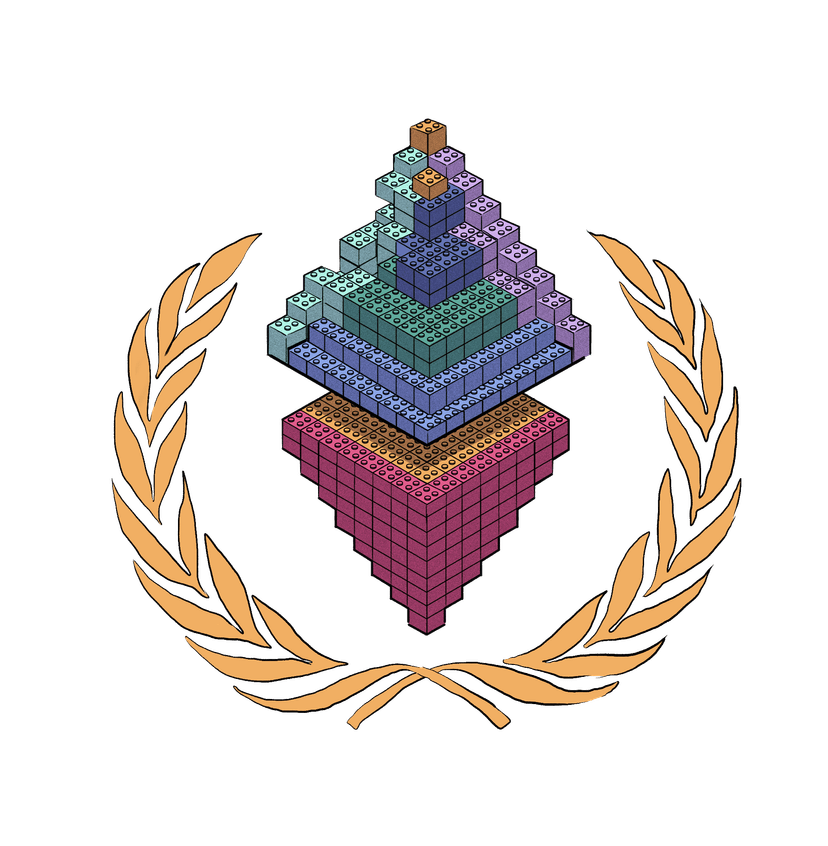
I heard crypto is being used as a tool for criminal activity. Is this true?
Like any technology, it will sometimes be misused. However, because all Ethereum transactions happen on an open blockchain, it’s often easier for authorities to track illicit activity than it would be in the traditional financial system, arguably making Ethereum a less appealing choice for those who would rather go undetected.
Crypto is used much less than fiat currencies for criminal purposes according to the key findings of a recent report by Europol, the European Union Agency for Law Enforcement Cooperation:
“The use of cryptocurrencies for illicit activities seems to comprise only a small part of the overall cryptocurrency economy, and it appears to be comparatively smaller than the amount of illicit funds involved in traditional finance.”
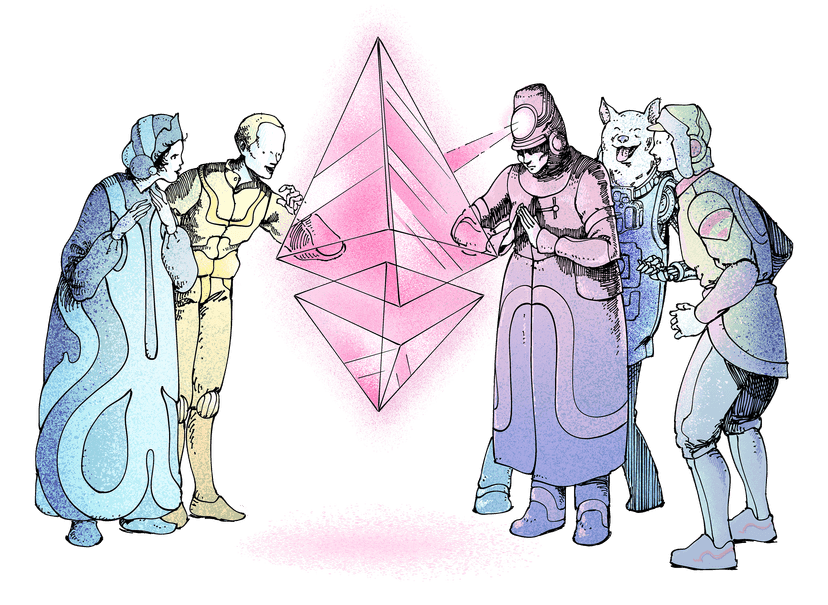
What is the difference between Ethereum and Bitcoin?
Launched in 2015, Ethereum builds on Bitcoin's innovation, with some big differences.
Both let you use digital money without payment providers or banks. But Ethereum is programmable, so you can also build and deploy decentralized applications on its network.
Bitcoin enables us to send basic messages to one another about what we think is valuable. Establishing value without authority is already powerful. Ethereum extends this: rather than just messages, you can write any general program, or contract. There is no limit to the kind of contracts which can be created and agreed upon, hence great innovation happens on the Ethereum network.
While Bitcoin is only a payment network, Ethereum is more like a marketplace of financial services, games, social networks and other apps.
Further reading
Week in Ethereum News - A weekly newsletter covering key developments across the ecosystem.
Atoms, Institutions, Blockchains - Why blockchains matter?
Kernel Ethereum's Dream
